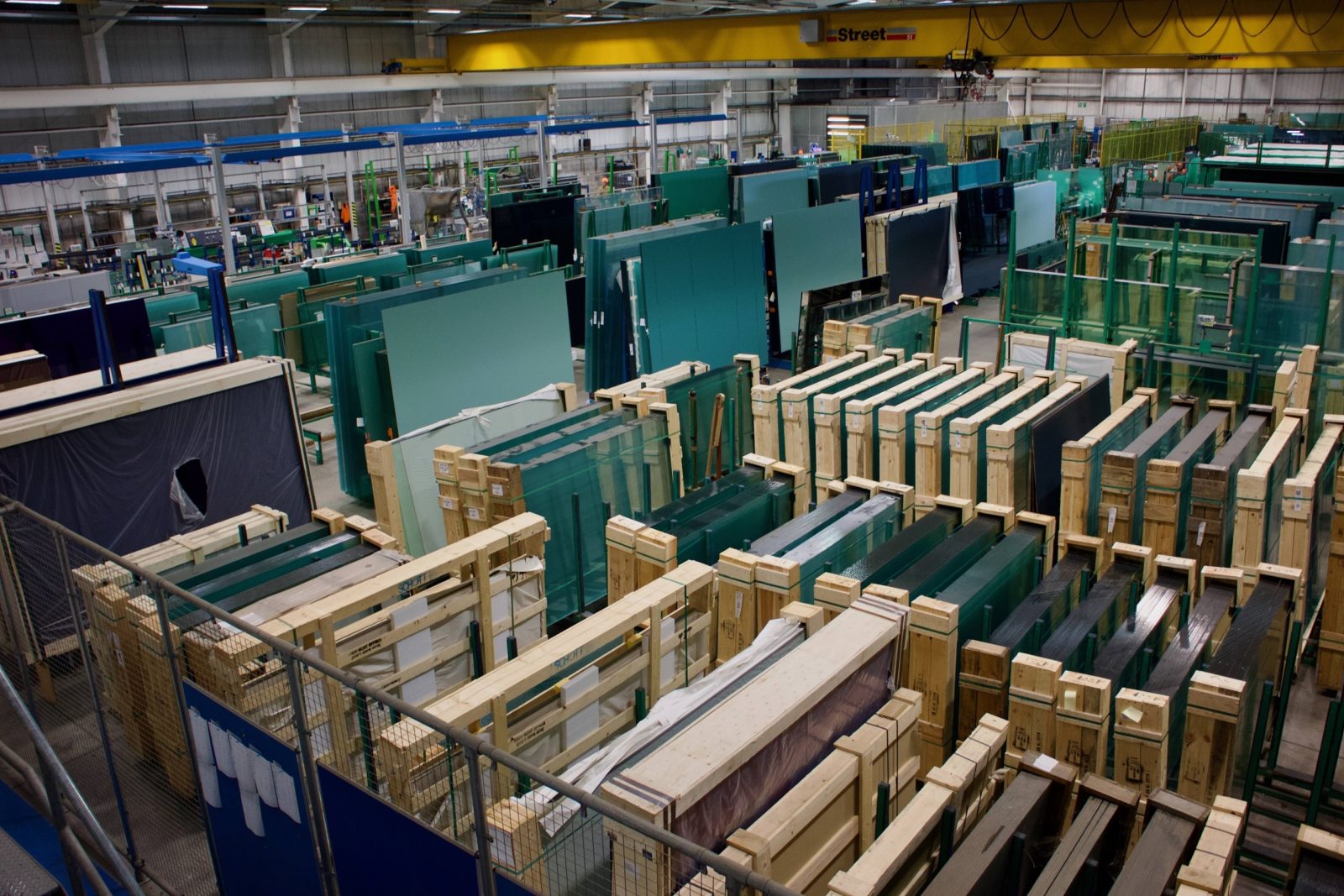Opportunities without the investment


Choose your suppliers carefully to help win high-value work, argues joint managing director of Mackenzie Glass, Mark Herbert.
“Many glass companies are currently geared to do as much as possible as cheaply as possible,” says joint managing director of Mackenzie Glass, Mark Herbert. “But while this may benefit their customers in the short term, it stifles investment and innovation.”
The glass industry currently finds itself in a compromised position, with contradicting pressures making competing demands on it, Mark argues.
On the one hand, some companies have limited their ranges of glass products and are concentrating their efforts on high volume, low margin work, while on the other, much of the evidence suggests that demand is coming from high value projects requiring bespoke products.
“We are at an interesting point in the economic cycle,” Mark says, “because increased supply from China and Turkey has driven down the price of some glass products. This is offsetting the well-documented increased costs due to energy, labour and inflation generally.
“This is encouraging volume work – especially single toughened – because companies want their toughening furnaces to be kept busy 24/7, keeping costs down in the process.”
Mark explains that as a glass merchanting business, Mackenzie Glass steers away from volume work and towards specialist products, which puts its customers – especially smaller companies – in a far more advantageous position.
“Smaller projects ordering glass products that have gone through multiple processes require a service that volume producers struggle to offer,” Mark says.
“So while some glass products entering the UK market may be coming down in price, the current demand for specialist glass such as tints, etched, multi-coloured mirrors, antique silvers, heat and fire-resistant products, and bespoke restoration glasses require a specialist service.”
Mackenzie Glass cuts specialist glass to size, and delivers orders to site in any quantity. This puts its customers at an advantage, Marl says, because not only do they have access to high value work with potentially high margins, but they don’t have to invest in stock that may sit unused in racks for months at a time.
“The choice can sometimes seem stark,” Mark says. “You either drive the volume side of your business, and compete on price, or you target lower volume work that carries more opportunities for increased margin, but you may have to tie that up that extra cash in stock.
“By working with Mackenzie Glass, you should find a reasonable middle ground. Also, because you are choosing what you need, you have a greater choice of products to work with, potentially expanding your customer base in the process.”
Ultimately, flexibility is key, and working with merchants like Mackenzie glass takes the sting out of sharp turns in the economy, Mark says.
“China and Turkey can cease supply tomorrow, which will impact glass prices in the UK immediately,” he says. “As will the rebuilding programme in Ukraine once the war ends.
“We’ve all seen the pictures of destroyed towns, cities and villages. Once the fighting stops, many European-manufactured construction products will be diverted away from the UK, limiting supply and pushing up prices.
“Mackenzie Glass sources products from around the world, and will be less dependent on European supply. Plus, the cost of shipping containers is falling, which is opening new lines of enquiry for us.”
Mark points out that Mackenzie Glass also continues to invest in machinery and infrastructure, such as a new fire saw and a new straight-line edger.
“We have invested well over £1.5m in upgrading the vast majority of our plant and machinery during the last four years,” Mark says. “Additionally, plans are in place to continue significant investment in the coming 24-36 months.
“As well as flexibility, we want stability, which is something we aim to deliver at Mackenzie Glass,” Mark concludes. “Ultimately, we want our customers to target prestigious high margin work, without the investment that could make it prohibitive.”